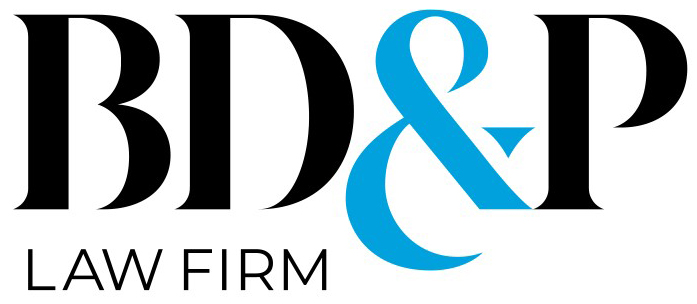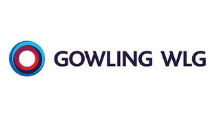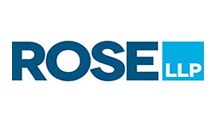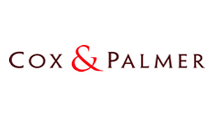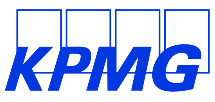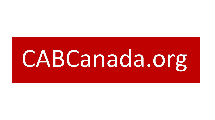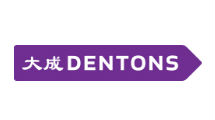ADR INSTITUTE OF CANADA, INC. (“ADRIC”) has a new Complaints Policy. ADRIC has created a new and updated unified Complaints Policy and process flow chart for all members of the federation with the exception of the ADR Institute of Ontario, Inc. (“ADRIO”); INSTITUT DE MÉDIATION ET D’ARBITRAGE DU QUÉBEC (“IMAQ”); and ADR Institute of Alberta (“ADRIA”)). Please refer to the specific websites of ADRIO, IMAQ and ADRIA for more information on their complaint policies.
Any complaint against a member must be directed to the appropriate Affiliate through which he/she became a member, or ADRIC. If you are unsure whether a practitioner is a member, you may conduct a search via ADR Connect.
ADRIC also has a Discipline Policy that is applicable to all members of the federation without exception.


